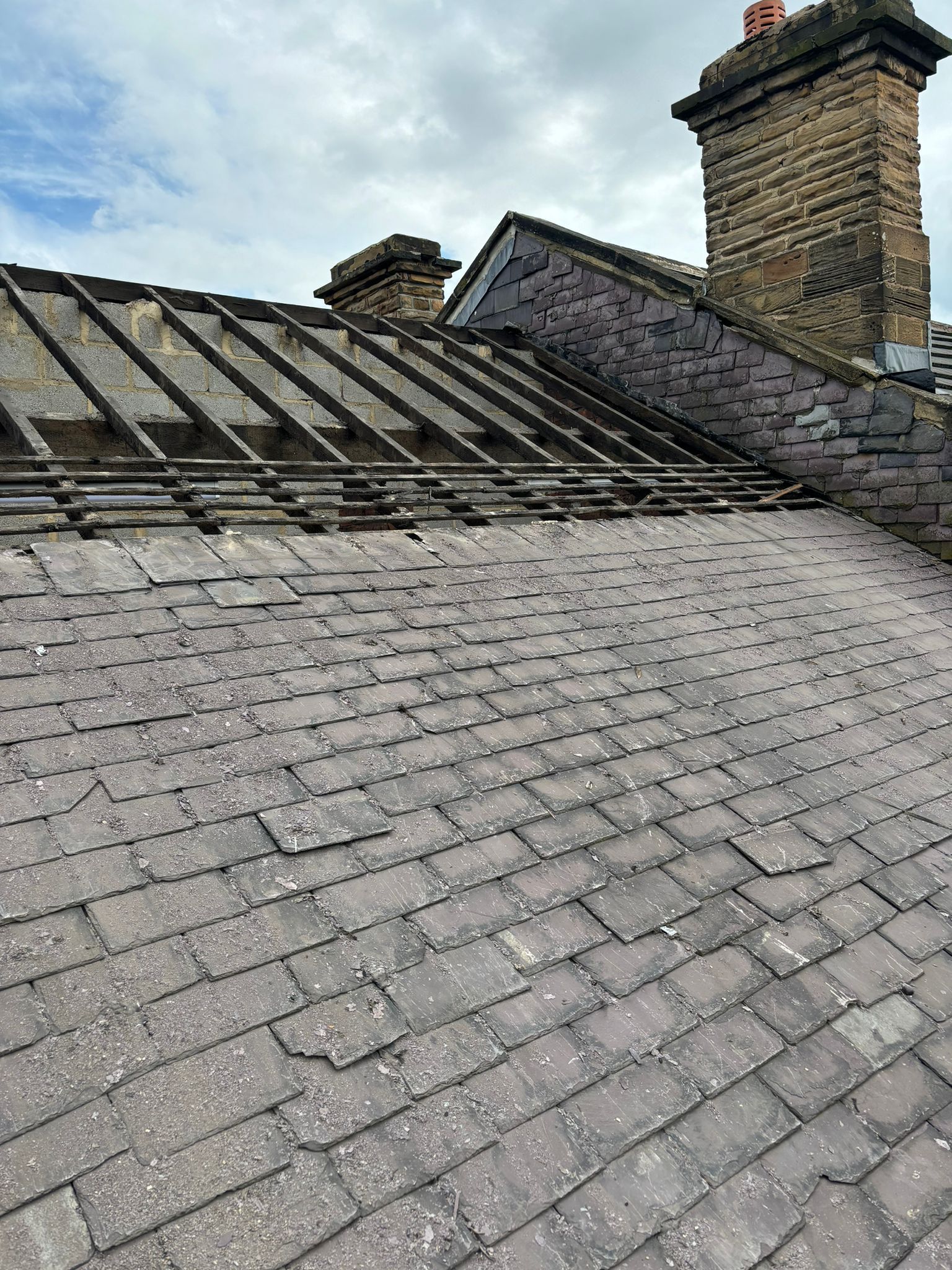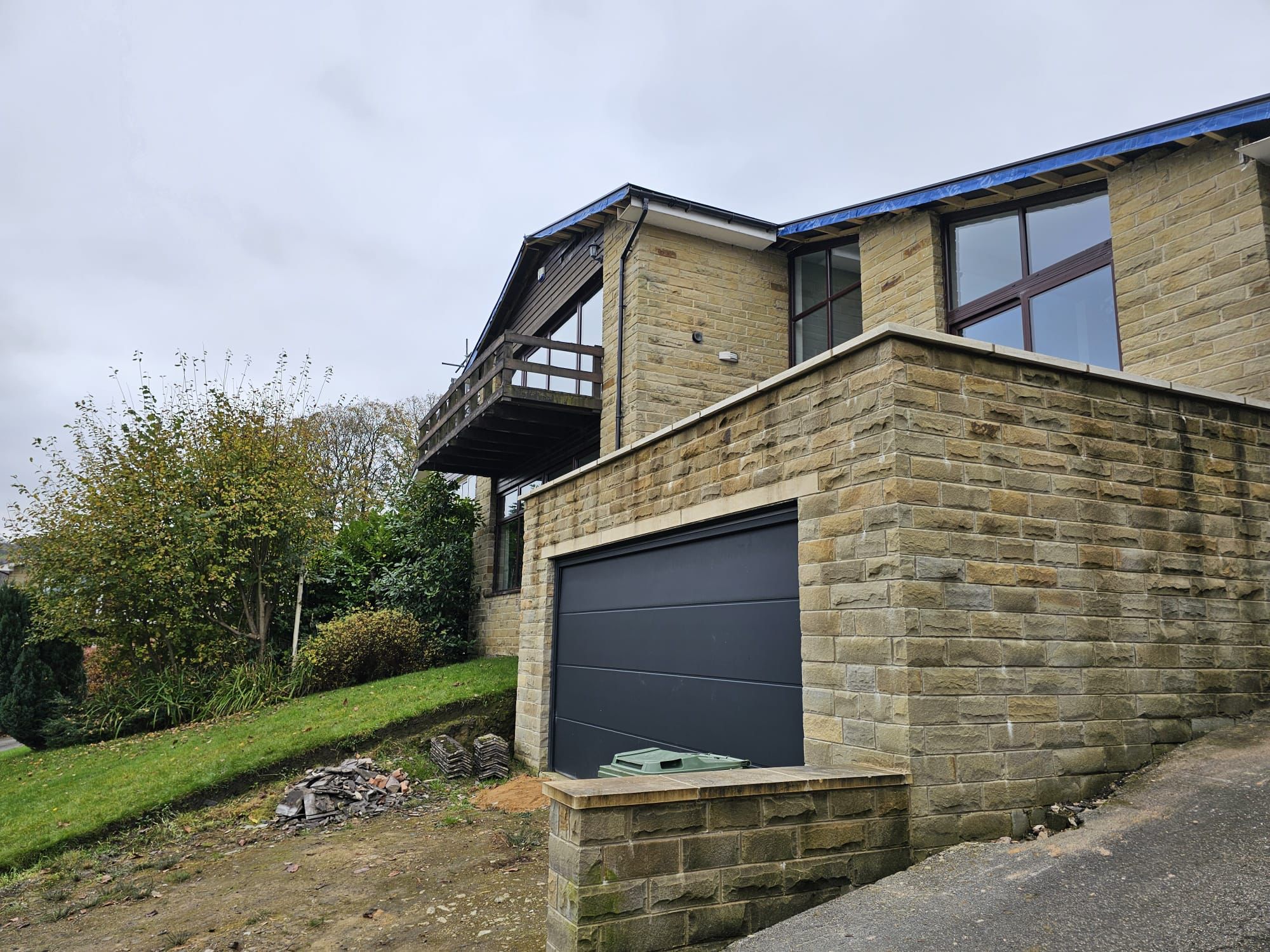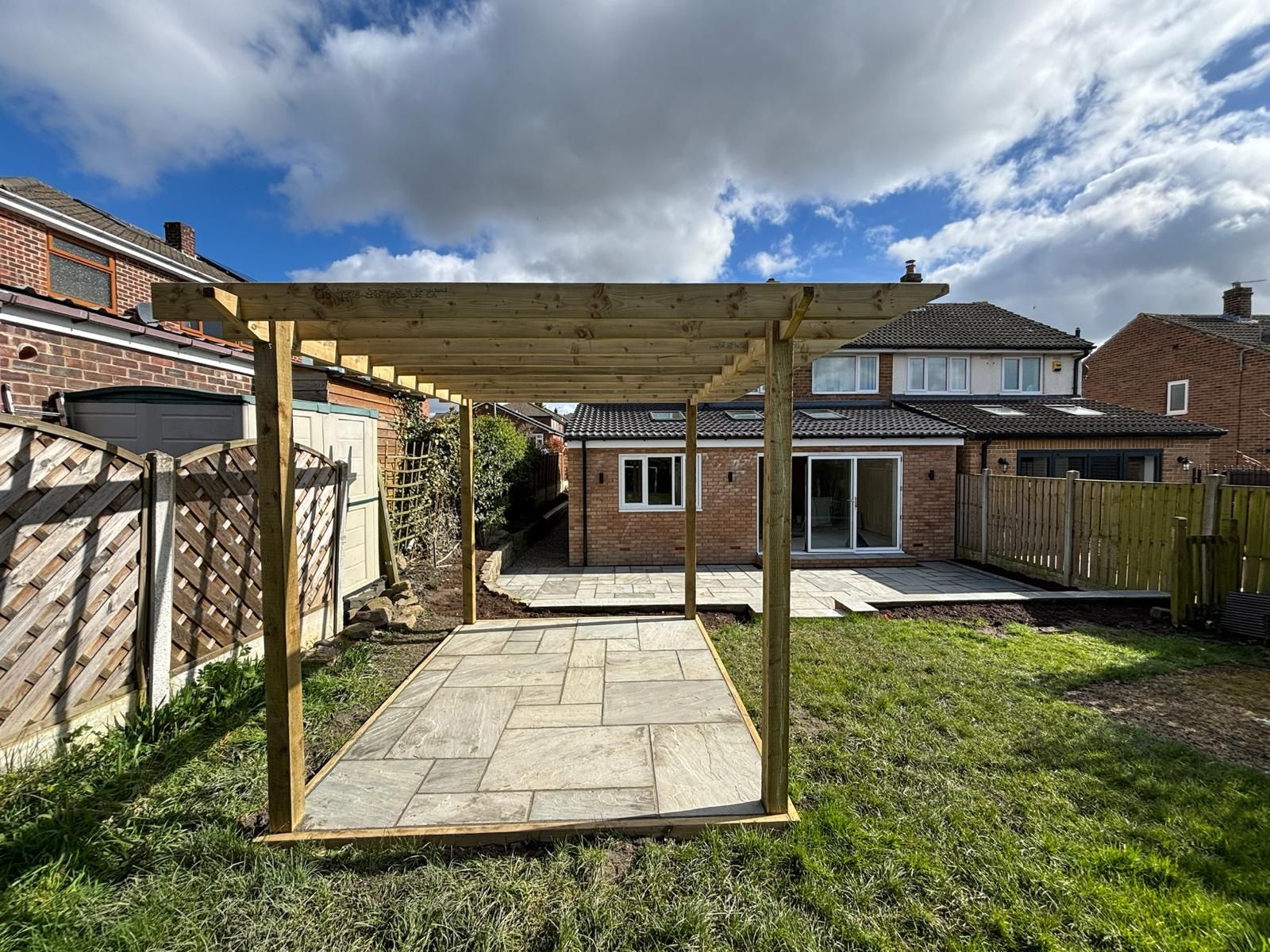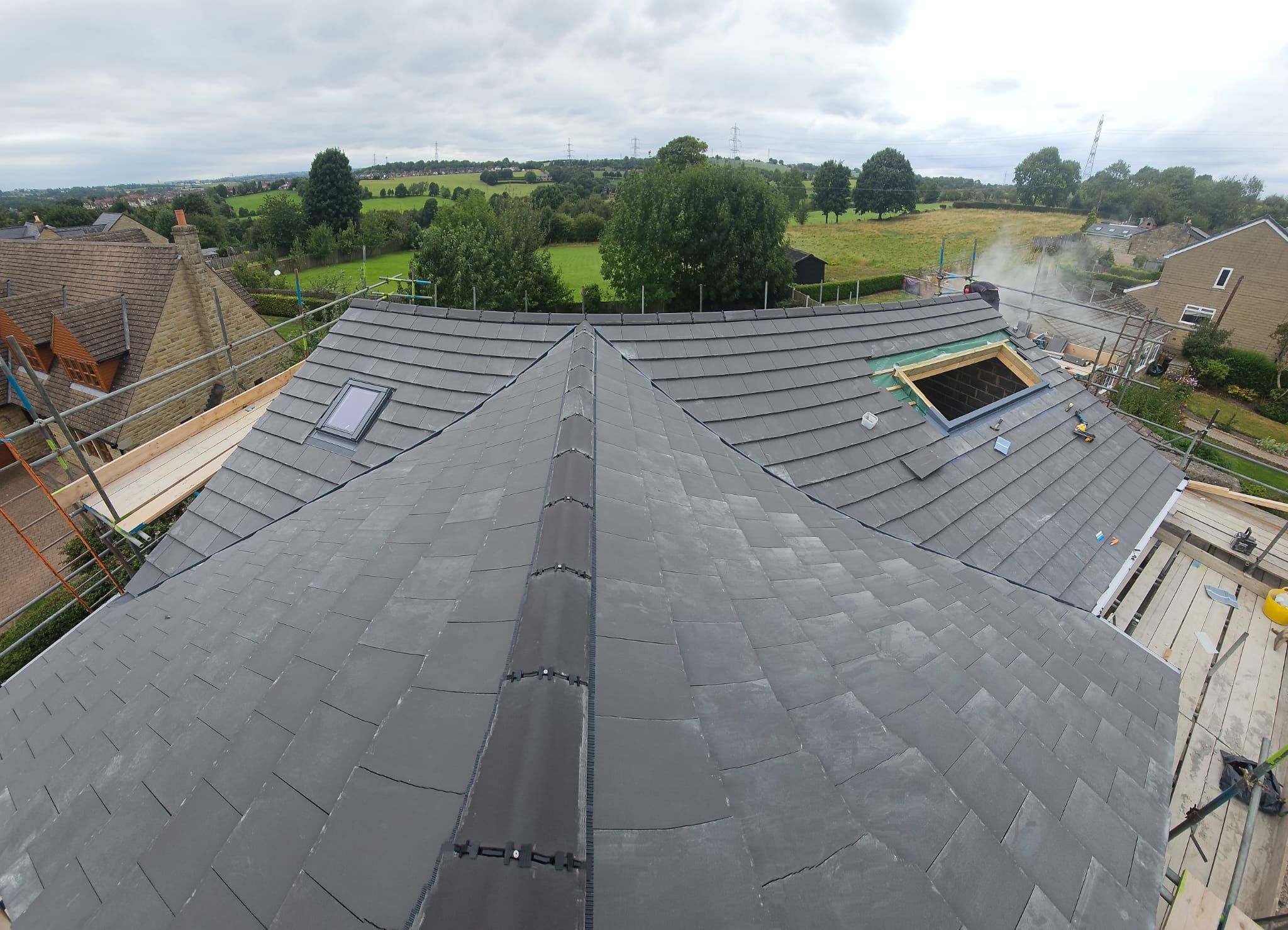What Are Local Building Regulations and Why Do They Matter for Business Properties?
Local building regulations are legally binding standards that govern the design, construction, and maintenance of business properties. These rules ensure public safety, promote energy conservation, and maintain structural integrity. Adhering to these codes helps avoid fines, delays, and legal issues, while also extending a building’s lifespan by properly designing and maintaining critical systems such as water heating, energy conservation measures, ventilation, and occupancy-related features.
What Defines Local Building Regulations and Building Codes?
Local building regulations include fire safety requirements, zoning laws, and environmental guidelines that underpin commercial construction and operations. Building codes set the minimum levels of safety and performance and are routinely updated to reflect technological advances and evolving priorities like energy sustainability. Modern codes, for example, now require energy standards that help reduce the environmental impact of heating and ventilation systems.
How Do Building Codes Impact Commercial Property Safety and Compliance?
Building codes mandate structural safety measures to protect occupants from hazards such as fire, flooding, and collapse. They ensure that construction materials, techniques, and systems—especially water heating and efficient ventilation—are built to high safety standards. Regular inspections and permit processes keep projects compliant, reduce risks and insurance premiums, and support energy conservation that lowers operating costs.
Which Local Government Agencies Enforce These Regulations?
City building departments and planning commissions enforce these regulations by conducting inspections and issuing permits. They work with certified inspectors and engineers throughout the project lifecycle to ensure compliance with codes related to water heating, ventilation, and other systems. Local agencies may also provide guidance and consulting services to help businesses navigate the complexities of building code requirements.
How Do You Obtain and Manage Building Permits for Commercial Properties?
Building permits are required to legally begin any construction or major alteration of commercial properties. They serve as official approval from local government agencies that the proposed work complies with all applicable codes and regulations. Without a permit, projects can face delays and increased costs. The permit process is essential to keep safety and compliance at the forefront of any business property development.
What Types of Building Permits Are Required for Business Properties?
Commercial projects typically require several types of permits, including: – Construction Permits: Approve overall design and structural changes. – Electrical and Mechanical Permits: Confirm that wiring, water heating systems, HVAC, and ventilation comply with standards. – Plumbing Permits: Cover installation and modifications of plumbing systems. – Special Use Permits: Needed when changes affect occupancy or zoning. Each permit addresses a specific aspect of a project, and requirements may vary by location and project scope.
What Is the Step-by-Step Permit Application Process?
The application process starts with site evaluation and project planning. Detailed architectural and engineering plans are then submitted for review by the local building department. After addressing any comments and paying the necessary fees, a permit is issued along with scheduled inspections during construction. This systematic process ensures that all safety and operational measures, including those for water heating, energy conservation, and ventilation, are met.
What Documents and Fees Are Needed for Permit Applications?
Typically, applications require detailed building plans, structural calculations, energy efficiency analyses, and proof of property ownership. Explanations for water heating systems, energy conservation methods, and ventilation setups are also needed. Fees are determined by the project’s size, scope, and complexity and cover review and inspection costs. Accurate documentation and fee payment are critical to speeding up the approval process.
How Can Consulting Services Help Expedite Permit Approvals?
Consultants can manage the permit process by interpreting complex building codes and ensuring all documents are complete. They liaise with local authorities to streamline approvals and minimize delays. Their expertise is especially helpful for handling details such as water heating specifications and ventilation system requirements, making the entire process more efficient.
What Are the Key Inspection Requirements for Commercial Building Compliance?
Commercial properties must undergo periodic inspections during and after construction to ensure continued compliance with building regulations. Inspections verify that structures meet safety codes, structural standards, and energy conservation requirements, checking that systems like water heating and ventilation are properly installed and maintained.
What Types of Inspections Are Common for Business Properties?
Common inspections cover structural, electrical, mechanical, plumbing, fire safety, and energy efficiency aspects. Inspectors review water heating systems for safety and efficiency, ensure ventilation provides proper airflow, and verify that emergency exits meet requirements. Inspections are typically scheduled before, during, and after construction to maintain high standards.
What Does a Typical Building Inspection Checklist Include?
A standard checklist covers: – Load-bearing elements and overall structural integrity. – Functionality and safety of water heating systems to support energy conservation. – Adequacy of ventilation and emergency exits to meet occupancy needs. – Compliance with electrical and mechanical system standards. – Proper operation of fire safety installations such as sprinklers and alarms. These items are reviewed meticulously to ensure the building adheres strictly to local codes.
What Happens if an Inspection Fails and How to Prepare for Re-Inspection?
If an inspection fails, specific deficiencies in systems such as water heating, ventilation, or fire safety must be corrected. Once modifications are made, a re-inspection is required. Working with experienced consultants can ensure that corrections meet the required standards and help expedite the re-inspection process, minimizing project delays and legal complications.
How Do Zoning Laws Affect Commercial Property Use and Development?
Zoning laws determine how a property can be used and developed by establishing land use boundaries, permitted building sizes, densities, and other important parameters like occupancy and water heating capacity. These laws significantly influence property planning, investment potential, and future expansion possibilities by regulating aspects that affect energy conservation and ventilation.
What Are Zoning Districts and Their Permitted Uses?
Zoning districts designate areas for specific land uses such as commercial, industrial, residential, or mixed-use developments. Each district sets requirements on building height, floor area ratios, and parking, among other factors. In commercial zones, permitted uses may include retail, offices, or manufacturing facilities—all subject to compliance with standards for water heating, efficient ventilation, and energy conservation.
How Do You Apply for Zoning Variances or Exceptions?
If a property owner’s proposed use does not align with existing zoning laws, a variance or exception can be requested by submitting a detailed proposal to the local zoning board. This request must include reasons for the exception and demonstrate that the proposed changes will not adversely affect surrounding properties. Consultants with zoning expertise can assist in preparing necessary documents and negotiating with authorities, ensuring that energy conservation and proper water heating measures remain intact.
How Do Zoning Regulations Influence Business Property Planning?
Zoning regulations affect key design decisions, project scale, and permissible modifications. They influence building density, occupancy limits, and the integration of systems like water heating and ventilation that are essential for energy conservation. By understanding and adhering to zoning laws, business owners can ensure their properties remain compliant and retain long-term value.
What Are the Essential Occupancy and Accessibility Requirements for Business Buildings?
Occupancy and accessibility standards are critical for ensuring that buildings are safe and can accommodate the intended number of occupants while remaining accessible for individuals with disabilities. Compliance with these codes enhances safety and business continuity by reducing emergency risks and ensuring a welcoming environment.
How Is Occupancy Load Determined for Commercial Properties?
Occupancy load is calculated based on the building’s square footage and specific usage, using standardized formulas that consider room dimensions, exits, and potential hazards. This calculation is crucial for ensuring safe evacuation during emergencies, particularly when systems like water heating and ventilation are integrated with overall safety planning. Regular reviews help maintain compliance with updated standards.
What Are the Means of Egress and Emergency Exit Standards?
Means of egress include designated exit routes, proper door configurations, and emergency lighting to facilitate safe evacuation. Local codes specify requirements such as exit widths and door swing directions. Meeting these standards is essential not only for legal compliance but also for effective operation of water heating, energy conservation, and ventilation systems during emergencies.
How Does ADA Compliance Affect Accessibility in Business Properties?
ADA guidelines require features such as ramps, accessible restrooms, and clear signage to ensure equal access for all individuals. These requirements influence the placement of emergency exits and design of systems like water heating and ventilation so that they do not impede accessibility. Adhering to ADA standards improves usability and reduces legal risks.
What Fire Safety and Energy Efficiency Codes Must Businesses Follow?
Fire safety and energy efficiency codes are designed to protect property and occupants while promoting sustainable operations. These standards mandate the installation and maintenance of systems that prevent fire and conserve energy, such as proper water heating and ventilation mechanisms.
What Are the Main Fire Safety Code Requirements for Commercial Buildings?
Commercial fire safety codes require the installation of fire alarms, sprinklers, and emergency lighting. They also specify materials and construction methods to help contain fires. Regular inspections ensure that these water heating and ventilation-integrated systems function correctly, reducing the risk of fire damage and lowering insurance costs.
How Do Energy Efficiency Codes Impact Building Design and Operation?
Energy efficiency codes demand that building systems like water heating, HVAC, and insulation meet specific performance standards. These requirements help lower utility costs and reduce a property’s environmental footprint. Incorporating high-efficiency equipment and renewable energy solutions not only improves energy conservation but also supports long-term cost savings.
How Can Businesses Ensure Compliance With Fire and Energy Codes?
Businesses should schedule regular inspections and audits of safety and energy systems, and hire certified professionals for maintenance and upgrades. Keeping detailed records of inspections and repairs helps demonstrate compliance. Consulting firms can identify deficiencies and recommend cost-effective improvements that support both fire safety and energy efficiency.
How Can Businesses Navigate Local Building Regulations Effectively?
Managing local building regulations is complex, especially when multiple codes and inspections are involved. Effective navigation of these requirements is critical for protecting long-term investments and ensuring safety. Utilizing both internal resources and external consultants can streamline processes, reduce delays, and achieve compliance.
What Are Common Challenges in Complying With Local Building Codes?
Businesses often struggle with the technical details of modern building codes, including those governing water heating, energy conservation, and ventilation. Additional challenges include obtaining multiple permits, coordinating inspections, and adapting to frequent regulatory changes. Integrating various aspects—such as occupancy load, ADA accessibility, and fire safety—into one project plan can be particularly demanding for those without specialized expertise.
How Do Consulting Firms Assist With Code Interpretation and Compliance?
Consulting firms help by interpreting complex building codes and guiding business owners through every step of permit applications, inspections, and system implementations. Their expertise in energy-efficient water heating and advanced ventilation systems ensures that projects meet all regulatory requirements while reducing delays and errors.
What Tools and Resources Help Monitor Ongoing Compliance?
Digital platforms, checklists, and mobile apps offer real-time updates on inspection dates, permit renewals, and maintenance needs for critical systems. Additionally, training sessions, webinars, and local government publications provide valuable insights into evolving building codes and best practices, supporting continuous compliance in areas such as water heating and energy conservation.
Where Can Businesses Find Location-Specific Building Regulation Information?
Municipal websites, local building departments, and planning commissions provide comprehensive guides, downloadable documents, and FAQs on regional mandates. Specialized consulting firms can also supply detailed reports on local regulations, ensuring that property improvements align with current requirements on water heating, efficient ventilation, and energy conservation.
Frequently Asked Questions
Q: What constitutes local building regulations for commercial properties? A: They are the specific standards and codes that dictate construction, safety, and operational practices for commercial properties, including guidelines on water heating, energy conservation, ventilation, occupancy, and fire safety.
Q: How do building permits influence the construction process? A: Building permits are mandatory approvals that confirm work plans comply with local regulations concerning water heating systems, energy efficiency, and proper ventilation. The permit process involves plan reviews, fee payments, and inspections to ensure safety and compliance.
Q: What are the consequences of failing a building inspection? A: A failed inspection can result in project shutdowns, required repairs, and increased costs. Working with experienced consultants to address issues—such as water heating, ventilation, or occupancy deficiencies—ensures a successful re-inspection and ongoing compliance.
Q: Why are zoning laws important for business property development? A: Zoning laws determine permissible uses, building sizes, and occupancy limits. They help ensure that a business property meets local requirements, supports energy conservation standards, and accommodates proper water heating and ventilation systems.
Q: How do fire safety codes affect business properties? A: Fire safety codes require the installation and maintenance of alarms, sprinklers, and emergency lighting. These measures protect occupants during emergencies and help lower insurance premiums by reducing property damage risks while supporting overall energy efficiency.
Q: What benefits do consulting firms provide in navigating building regulations? A: They offer expertise in interpreting complex codes and assist with documentation, permit applications, and inspections. Their guidance ensures that all systems—including water heating, efficient ventilation, and energy conservation measures—comply with local standards.
Q: Where can property owners get updated information on local building codes? A: Updated information is available on municipal websites, through local planning commissions, and from building departments. Consulting firms also provide comprehensive reports and notifications on regulatory changes.
Final Thoughts
Local building regulations are fundamental to ensuring that commercial properties are safe, energy-efficient, and compliant. By understanding and adhering to these rules—from acquiring permits to passing inspections—businesses can establish environments that optimize water heating, energy conservation, and proper ventilation. Leveraging the expertise of consulting firms and modern digital tools further streamlines compliance, reducing costly delays and supporting long-term operational success.






